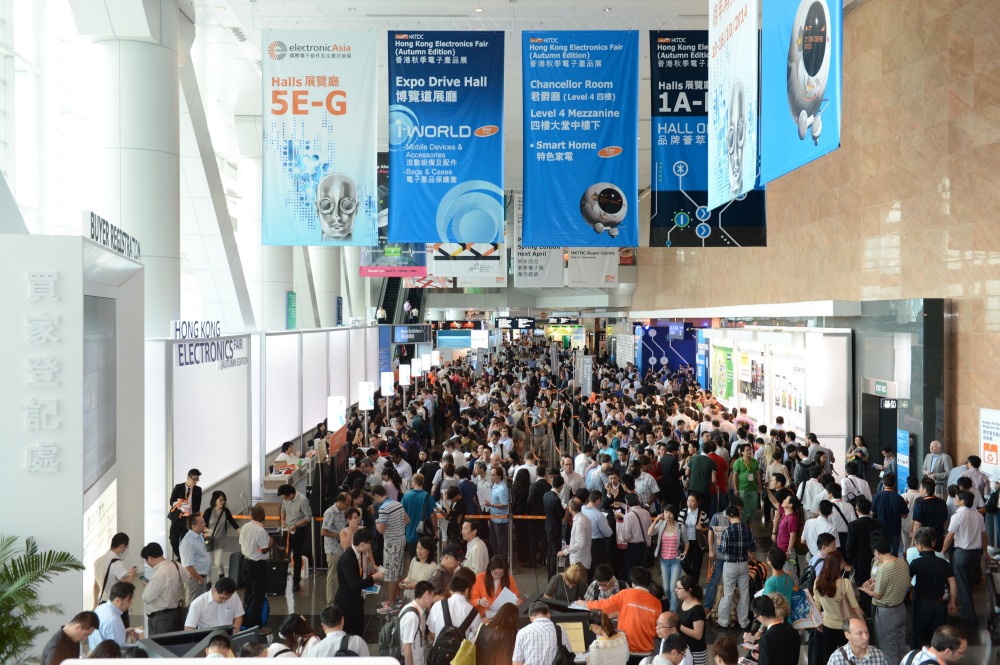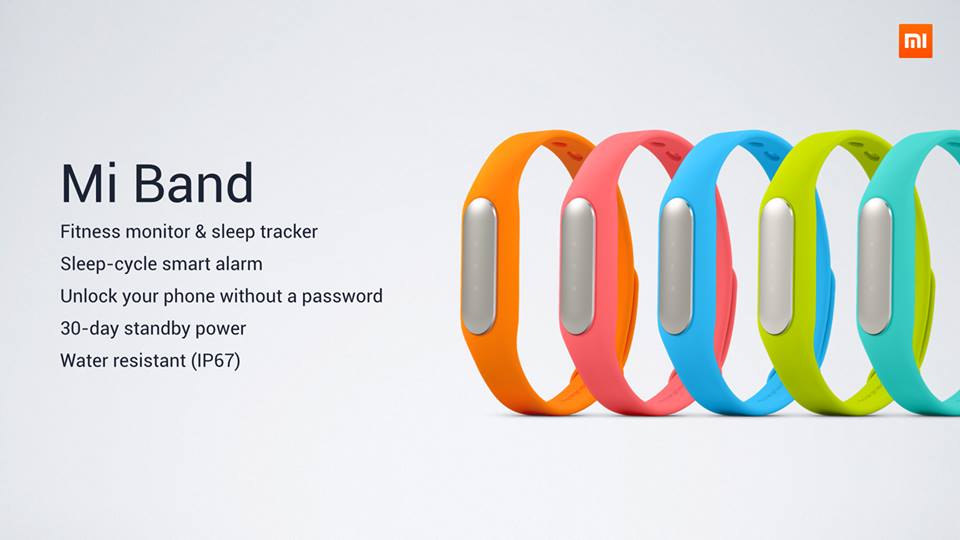
Pitch your Startup, App or Hardware or post a Startup Event or Startup Job
Visiting the Hong Kong Electronics Expo this week has made me realise that while you must have cool hardware to compete in western markets, cool hardware alone is insufficient to ensure a successful product launch.
We walked for two full days through the massive sprawling exhibition centre which is spread over about 20 acres and a labyrinth 5 levels and sub levels arranged across numerous buildings.

There were 1000s of exhibitors and Im sure that despite a forced march for 2 days we still missed some of it.
Perhaps I am little jaded, I review new inventions and startups everyday but there was nothing I saw which appeared to be revolutionary.
It was good for business in that we solved a number of supplier problems which we were finding difficult to manage remotely, however it left me wanting a little more intellectual and technical meat.
Me Too
After walking past the 100th Fitbit knock off I got to thinking about what it takes to launch a successful hardware product.
The 100 or so Fitbits copies were only the tip of the iceberg the ones that could afford to or wanted to come to the exhibition, no doubt there is 500 other companies launching similar products globally.
Many of them are priced sub $30 including Xiaomi which has launched a direct knock off of Fitbit some months back at $USD13 which will almost certainly grab a large market share in Asia and probably start to eat Fitbits market.

The BOM and packaging to build a Fitbit or any of these activity trackers is <$20 and Fitbit sells in AU for $129 and the US for ~$80, healthy gross margins give enough room to give retailers a margin and fund heavy marketing.
In fact I would go so far to say that Fitbit might have been effectively first to market, however their competitive advantage is not their hardware, its pretty basic, unchanged in two years (I know new models are being released but they are not exactly earth shattering either), their Apps are pretty good, but I think their major competitive advantage is that they can outspend their competitors on marketing and customer acquisition.
Pre-Conditions for a Successful Hardware Launch
After some thought it occurred to me the only way that a new company can can launch a new product and survive and thrive in new technology markets is
- Launch something genuinely new or inventive that creates its own segment or is so good at what it does that its remarkable and therefore deserves a shot at owning the segment,
- Fantastic marketing execution (but not how we traditionally think of marketing, Im thinking data driven experimental A/B testing, social media and content driven marketing)
- Charge a hefty price premium so that your customers help fund a disproportionately high marketing spend effectively funding their own huge acquisition costs allowing the company to gain massive penetration and generate large margins.
- Build equally compelling Mobile App and Cloud Apps. Hardware on its own is insufficient.
- Excellent Execution on Hardware Development & Manufacturing Operations
When you launch a Hardware product, you are in effect launching four products, Hardware, Firmware, Mobile App and Cloud Platform, you will not be successful without all of them working properly.
Hardware is Niching Up
When I was young high tech companies seem to own their franchises for many years even decades witness HP, IBM, Sony, Bose, DEC, Cisco. Most of them developed very wide product ranges.
Now the rise and fall of companies can happen in as little as a few years where they go from cool new comer to market gorilla to forgotten or acquired in less than 5 years.
It also seems to me the days of companies who survive long enough to become successful and build a broad range of products is almost past (Apple and Samsung being obvious exceptions).
Most hardware companies are becoming specialists in their niche and either being acquired quickly or quietly fading into obscurity as the market moves on from their trendy product.
Hewlett-Packard used to have a method to generate new products that came to be known as the next Bench Method, the concept being that you made a product which solves a problem for or impresses the guy on the next work bench, which is how a lot of their test and measurement equipment came to be built and kept them building product which its early market really wanted.
But given the big hardware hits of today are in consumer markets who become quickly bored, its hard to imagine companies like GoPro, Beats or Jawbone turning into a HP.
In years gone by many companies would IPO and turn into real long term companies, smaller IPOs are now out of favour in the US (they still happen in AU) now they are more likely to be acquired, and in most cases something must happen to cause an exit as they are venture backed and the clock is always ticking.
It’s expensive to build and launch a new product and the regulatory hurdles are much higher as well as the quality requirements to even play are significantly higher than those 50 years ago.
Bill Hewlett and Dave Packard launched in a Garage and baked the enamel on their first commercial product in their home oven. This sort of works for prototypes (Its amazing what you can do with a sandwich press) but its not suitable for even short run production today.
It seems to me the segments where we could see HP like companies emerging is in personal wearable medical devices and perhaps internet of things.
Working with the body has a much higher barrier to entry than other areas of electronics. Real scientific and inventive work is required, its not flash in the pan and unlike the current obsession with cool speakers, phones and cameras, there are some real problems and socially redeeming aspects to this.
Certainly there is significant gains to be made in preventative health and there is a generation of westerners who absolutely need this.
Overloaded health systems with many patients struggling to get effective treatment will only get worse not better, so anything tech can do to keep people healthy and out of hospital.
How to Avoid Launching a Me Too Product
If you don’t want to be one of the 100 Fitbit knockoffs, a few questions you should be asking yourself as you embark on your Hardware Development Odyssey
- Is this solving a real problem that real humans have? (not just Silicon Valley Hipster types)
- Am I doing something unique, new or inventive or just copying the latest hit product? (hardware takes 1-2 years to get to market so if you are copying anything already on the market you will be competing with 100 other copies when you are ready to launch)
- Have you lined up all the service providers;
- PCB
- PCB Assembly
- Components
- Mechanical ie casings,
- Packaging Design and Production
- Final Assembly
- Shipping
- Can you execute on the Mobile App, Firmware and Cloud Platform?
If you are building hardware but haven’t given much thought to these questions, you should start addressing them now and avoid wasting two years of your life on a copy product or worse developing a kick ass hardware product but failing to deliver operational excellence on the hardware manufacture or the software delivery.
Pitch your Startup, App or Hardware or post a Startup Event or Startup Job